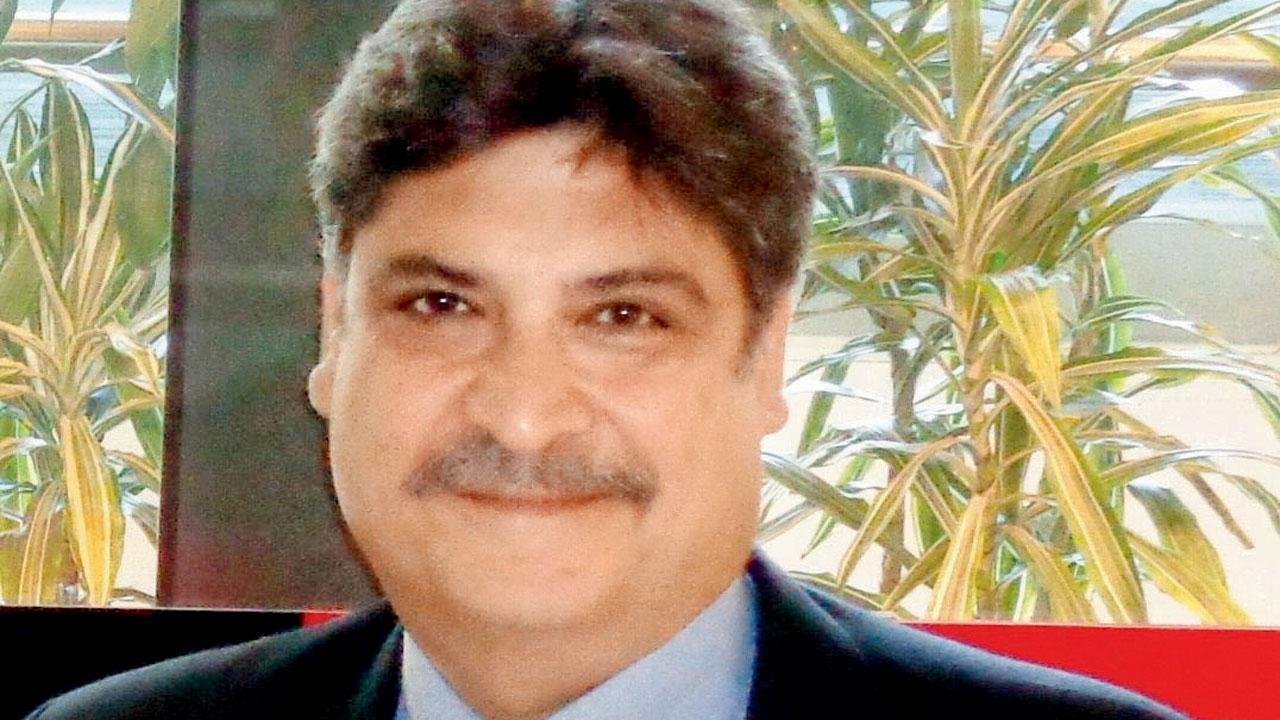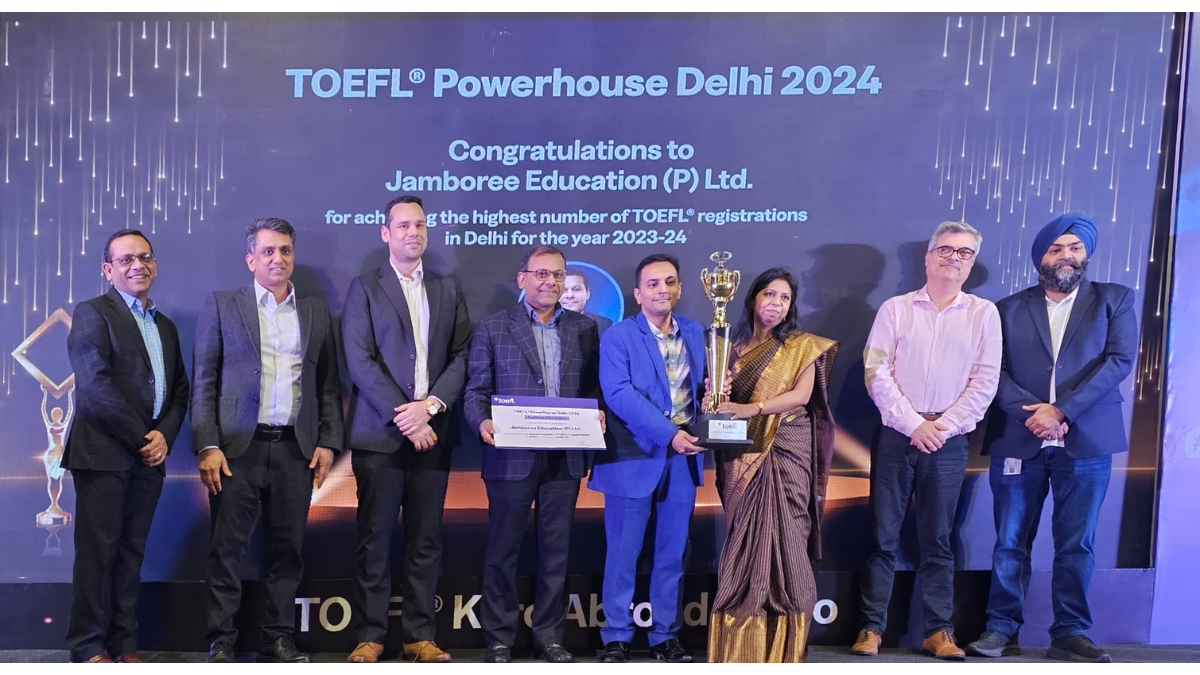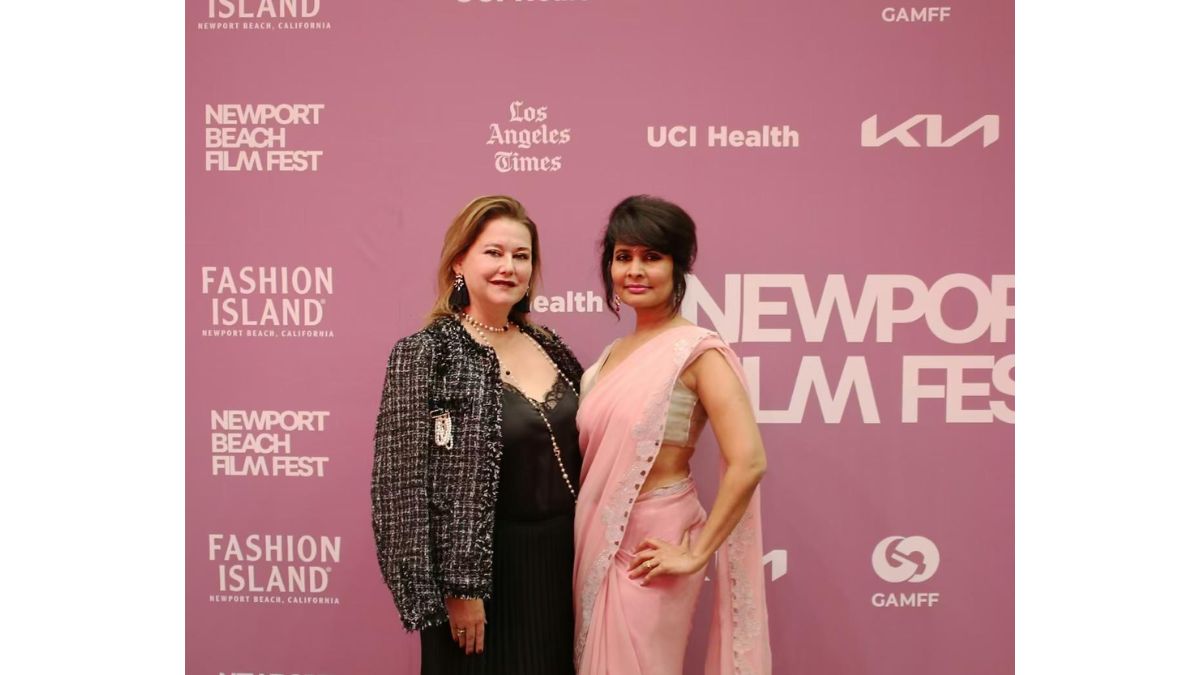Mumbai: Parsi voices join UCC debate

The Uniform Civil Code (UCC) pot has started boiling in earnest, with lakhs of communications in response to the notice by the 22nd Law Commission of India, inviting public views to the enforcement of the UCC. One amongst that avalanche of opinions is that of former Bombay Parsi Punchayet (BPP) trustee Noshir Dadrawala.
Dadrawala has written to the Honourable Justice Ritu Raj Awasthi Law Commission of India chairman, citing his views about the UCC in his letter dated July 6. Dadrawala at the outset introduces himself as a Mumbai resident, adding that he has been, “Actively involved in matters pertaining to the Parsi Zoroastrian community in India for the past four decades.”
The history
His communication gives a background saying, “Debates on whether it is desirable or even feasible to introduce and implement UCC, date back to the time when our Indian nation was born. Knowing very well the enormity and complexity of the task of implementing UCC, the Constitution of India has wisely placed UCC in its section on Directive Principles of State Policy. Sardar Vallabhbhai Patel who led the sub-committee on fundamental rights had said that UCC is out of the scope of fundamental rights and thus it was kept aside.”
Differences good
Dadrawala cited more recent events like: “Between 2016 to 2018 the 21st Law Commission of India headed by retired Supreme Court Judge Justice Balbir Singh Chauhan, examined the subject of UCC and in a 185-page document titled ‘Reform in Personal Laws’ commented that: ‘formulating a UCC is neither necessary nor desirable at this stage’, and that ‘mere existence of difference does not imply discrimination, but is indicative of a robust democracy’. This document also added that ‘most countries are moving towards recognition of difference (through plural laws) rather than a flat uniformity between culturally diverse people’.”
Remedies needed
Another excerpt said that there was an appreciation of the 22nd Law Commission’s efforts to address certain, “regressive personal laws and ensure gender parity and justice.” Dadrawala said, “However, this can be better achieved through law reforms within each personal law, so that people from all genders, living in varied family formations, can be guaranteed their freedom of faith and multiculturalism without any compromise on their right to equality.”
Consult people
Dadrawala stated at the end of his letter that there was, a “need for consultative and participatory approach.” He added requesting, “The Law Commission to share a draft of the proposed UCC and allow an extensive timeframe for constructive dialogue and engagement with all stakeholders.” Dadrawala said when asked about the letter, “I wrote in as there are a number of community concerns about the UCC. Like so many, I too, am awaiting a draft as without even an inkling of what is being proposed we are shooting arrows in the dark.”
The Commission has sought views till July 13. Several organisations announced that they too will write in before the deadline and were in the process of whetting and finalising their responses. There is a belief that the UCC may not be implemented or is some kind of “political gimmick” by the BJP. “Yet, our response must be on the record, because whether it becomes reality or not, this can be looked on as a preventive measure. The government should not have an avenue to say that there was an opportunity for the public but they raised no concerns or objections,” said many. The BJP is pushing for a UCC.
There are many opposing it, yet there are schisms within communities and parties too with some for and others against. There is no debate about the fact that this is one of the most contentious issues in the run-up to the 2024 polls.





